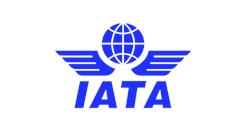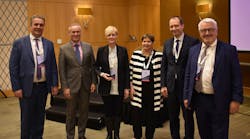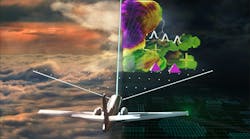GRAND RAPIDS - Cornerstone University recently added a Missions Aviation major.
It gives intercultural studies and Bible students the opportunity to take a year off of studying in the classroom on the CU campus to learn the ins and outs of planes for the purpose of serving on the mission field.
School of Missionary Aviation Technology (SMAT) provides students with a major and a heart for missions and serving primarily in other countries, as well as FAA-certified training in aircraft maintenance and flight.
CU formerly had a missions aviation program at Lowell City Airport, but the two entities decided to part ways.
SMAT recently approached CU to propose that the two establishments join forces once again.
Most mission organizations are looking for missionaries in their field to not only have a basic Bible degree and a general understanding of the Bible, but also some more specific skills.
Flight experience and a liberal arts education are two things organizations are looking for to help them and better equip missionaries for the mission field.
Martin Hughes, dean of undergraduate education at CU, is one major advocate for the importance of a liberal arts education.
“If you live in another culture, you need the knowledge and cognitive ability to learn, and be able to say how that makes sense,” Hughes said. “Without liberal arts, it would be that much more tempting to be culturally insensitive as opposed to being open-minded.”
Missions agencies say they want pilots that have more background in liberal arts and people who know the Bible, foreign languages, and a broad education.
Although there is not academic adviser for the Missions Aviation major, there are students looking to declare that major regardless.
It is recommended for students to finish their general education courses before applying to SMAT. After one year at SMAT, students will receive 60 credits and a certification in aircraft maintenance and flight.
Missions Aviation is a hands-on, year-long program. It runs five days a week from 8 a.m. to 5 p.m.
If you are already enrolled at CU, you are automatically accepted to SMAT. A student from CU does not need any additional paperwork to be accepted to SMAT.
After being certified, Hughes said students should be able to walk into a job no problem with their degree and specialty skills to serve on the mission field. The planes students work with are primarily turbo props that operate differently than commercial jets.
At SMAT, students will learn about the ins and outs of flight and the mechanics of planes and how to fix them.
There are many flight maintenance programs, but SMAT is unique because it is one of the few whose focus is on the needs of protestant missions.
“Students, in the space of four or five years are coming out with a four year degree, plus a tech degree with this particular specialty understanding,” Hughes said.
The hope is that most people will be interested in Missions Aviation if they are already interested in missionary service.




